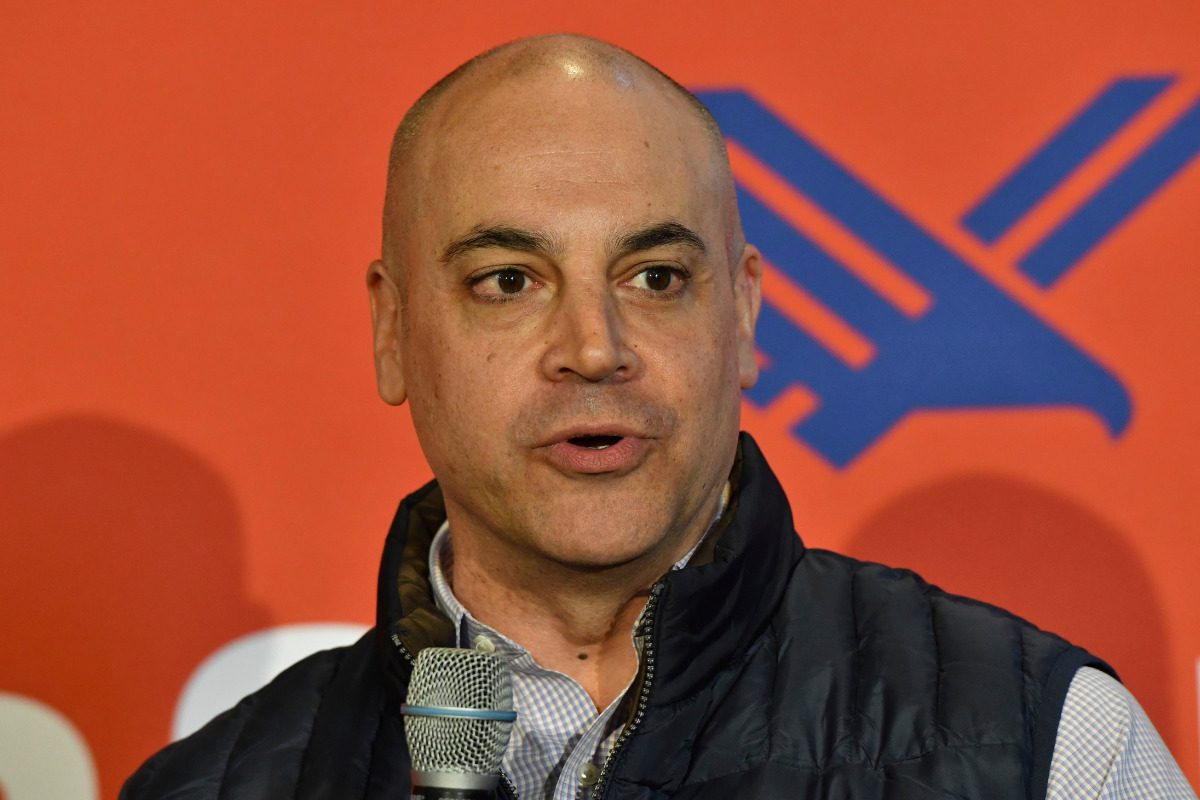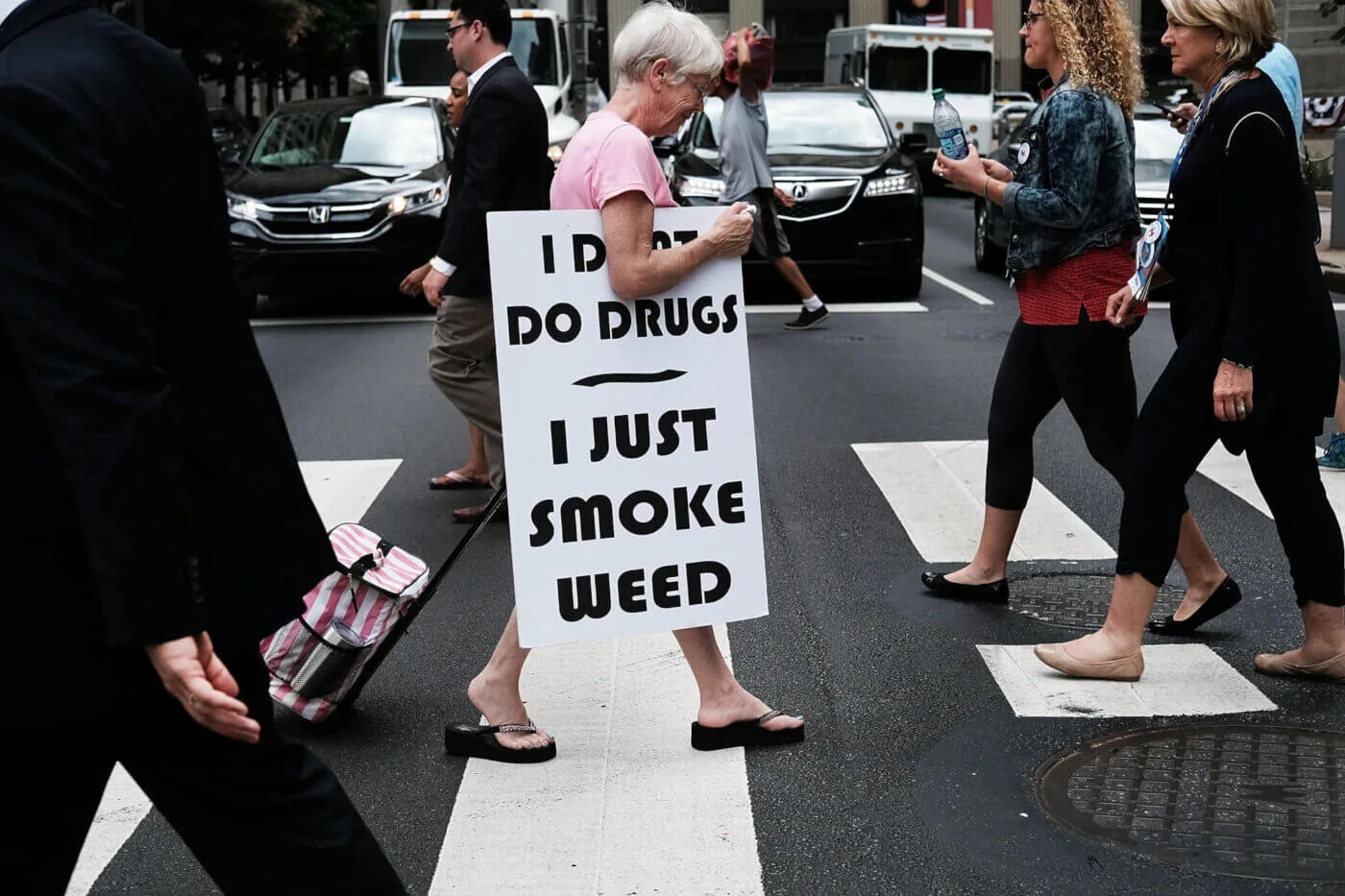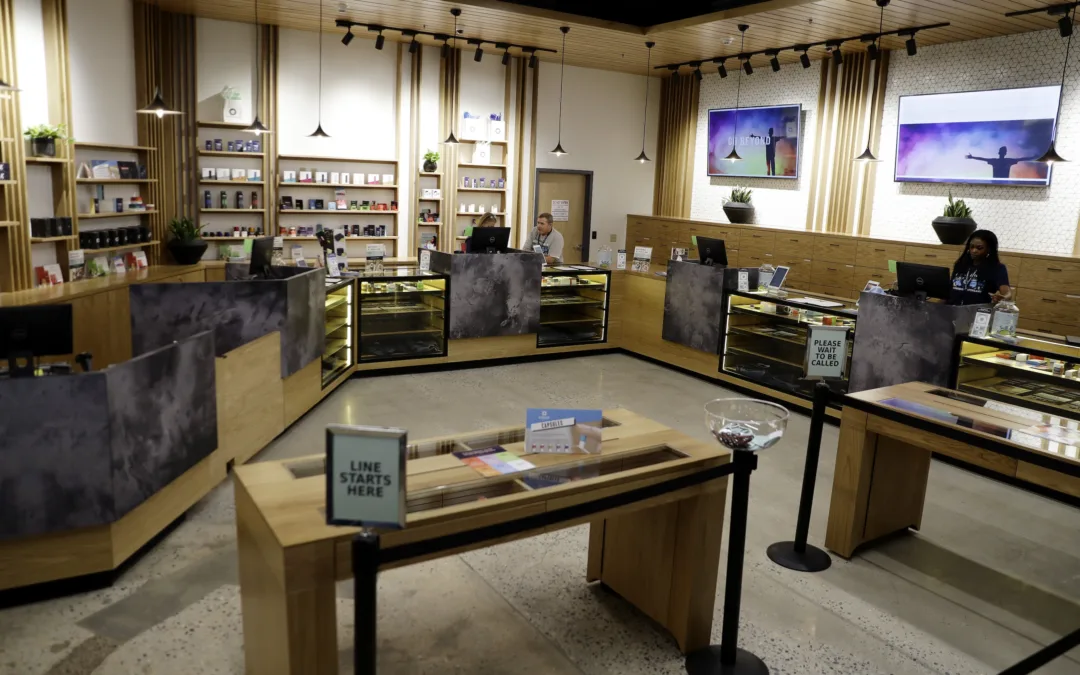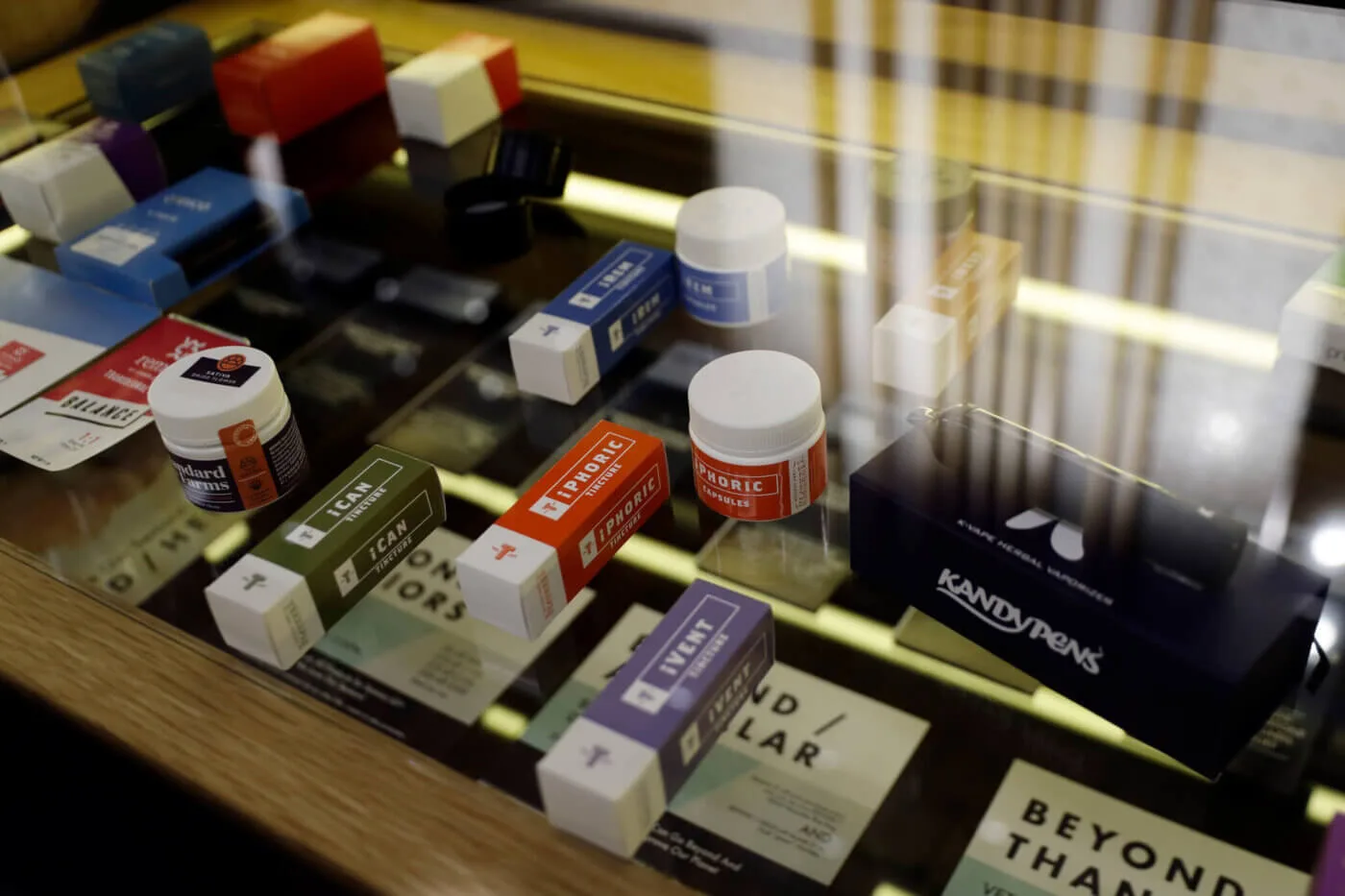
Dave Sunday (AP Photo/Marc Levy)
The 2018 Farm Bill allowed hemp for industrial use but led to a profusion of unregulated cannabis products.
Pennsylvania Attorney General Dave Sunday joined a group of 38 state attorneys general calling for Congress to close a loophole that allows the production and sale of intoxicating substances from industrial hemp.
A letter from members of the National Association of Attorneys General said ambiguity in a 2018 federal law allowing farmers to grow low-potency cannabis for hemp products has been exploited to sell synthetic marijuana in gas stations, convenience stores and other businesses without regulation or consistent age controls.
“Intoxicating hemp-derived THC products have inundated communities throughout our states due to a grievously mistaken interpretation of the 2018 Farm Bill’s definition of ‘hemp’ that companies are leveraging to pursue profits at the expense of public safety and health,” the letter to leaders of the House and Senate appropriations and agriculture committees said.
THC, short for tetrahydrocannabinol, is a family of more than 100 compounds in cannabis that produces its psychoactive effects, according to the U.S. Food and Drug Administration. Only one, delta-9 THC, is controlled in the Farm Bill, while others found in smaller quantities, including delta-8 THC, are unregulated.
Groups including law enforcement and some in the legal cannabis industry have pressured Congress to close what they dubbed the “delta-8 loophole,” by redefining legal hemp products.
Pennsylvania U.S. Rep. G.T. Thompson (R-15th District), who serves as chair of the House Committee on Agriculture, told Politico last year revisions to the bill would be “one of the more interesting debates and discussions in the farm bill.”
Others say hemp-derived THC products are safe if properly regulated.
“The problem with that industry is there’s so many loopholes that allow bad operators to come in,” Ryan Burke, president and chief operating officer of boxer Mike Tyson’s cannabis company Tyson 2.0, said during a visit with Pennsylvania lawmakers last week. Although Burke and Tyson were lobbying for a recreational cannabis bill, Tyson 2.0 also sells delta-8 products.
Burke said when states like Pennsylvania don’t have recreational cannabis policy in place, consumers buy products that fall into the loophole industry.
“And because there’s no testing system to hold them accountable or age gates to ensure that children don’t get their hands on it, it leads to a very bad stigma,” Burke said, adding that he supports a second look at the Farm Bill.
As originally passed, the hemp provisions in the Farm Bill limit the amount of delta-9 THC allowable in hemp products. The House Agriculture Committee in May 2024 passed legislation that would redefine legal hemp using a limit on all forms of THC, but it has not advanced since then.
Sunday said in a statement Tuesday the products are “rampantly available” in Pennsylvania, allowing businesses to profit from selling super-potent, hemp-derived THC products that are often packaged to attract children.
“This unregulated market allows children to buy these extremely potent products, oftentimes without any knowledge that the products are intoxicating, addictive, and not safe,” Sunday said.
Pennsylvania allows adults to buy cannabis with a prescription for treatment of conditions ranging from terminal illnesses such as cancer to psychiatric conditions like anxiety.
State lawmakers have also flirted with legalizing adult-use recreational cannabis, but have been unable to agree on a business model. Democratic Gov. Josh Shapiro pitched legalized recreational cannabis in his budget proposal this year as a revenue source that could produce hundreds of millions in new taxes.
Four of the commonwealth’s neighboring states have legalized recreational cannabis, and proponents note Pennsylvania is losing money when residents cross state lines to legally purchase cannabis products.
The 2018 Agricultural Improvement Act legalized hemp for commercial use as industrial fiber, in food or in wellness products. While hemp and cannabis are the same plant, the law defined hemp as cannabis with less than 0.3% delta-9 THC by dry weight.
“Yet, through use of highly advanced chemical processes — not contemplated by Congress when it enacted the 2018 Farm Bill — to manipulate the hemp plant, the psychoactive hemp industry artificially produces various forms of THC,” the attorneys general letter says, noting they’re often packaged as gummies, candies and beverages.
“In this way, legal, nonintoxicating hemp is used to make Frankenstein THC products that get adults high and harm and even kill children,” the letter says.

We asked, you answered: Where do you stand on the legalization of recreational adult-use cannabis in Pennsylvania?
While medical cannabis has been legal in Pennsylvania since 2016, legalization for recreational use remains a pipe dream despite strong public...

Recreational marijuana legalization proposal advances out of Pa. House committee
A proposal that would legalize the recreational use of marijuana advanced out of the Pennsylvania House Health Committee along party lines on...

Support for legalizing adult-use cannabis among Pa. voters soars to new highs
Over 68% of Pennsylvania voters support legalizing adult-use cannabis according to a new poll. Its support can be found across all age groups and...

Cannabis 101: Exploring Pennsylvania’s budding marijuana scene
Are you a complete newbie when it comes to doobies? We’re here to help you navigate the cannabis landscape in Pennsylvania, where recreational...

Puff, puff, pass: Why Pennsylvania hasn’t legalized recreational marijuana yet
Even with a Democratic majority in the state House and a governor who supports it, Pennsylvania remains one of the only states in the region to not...

